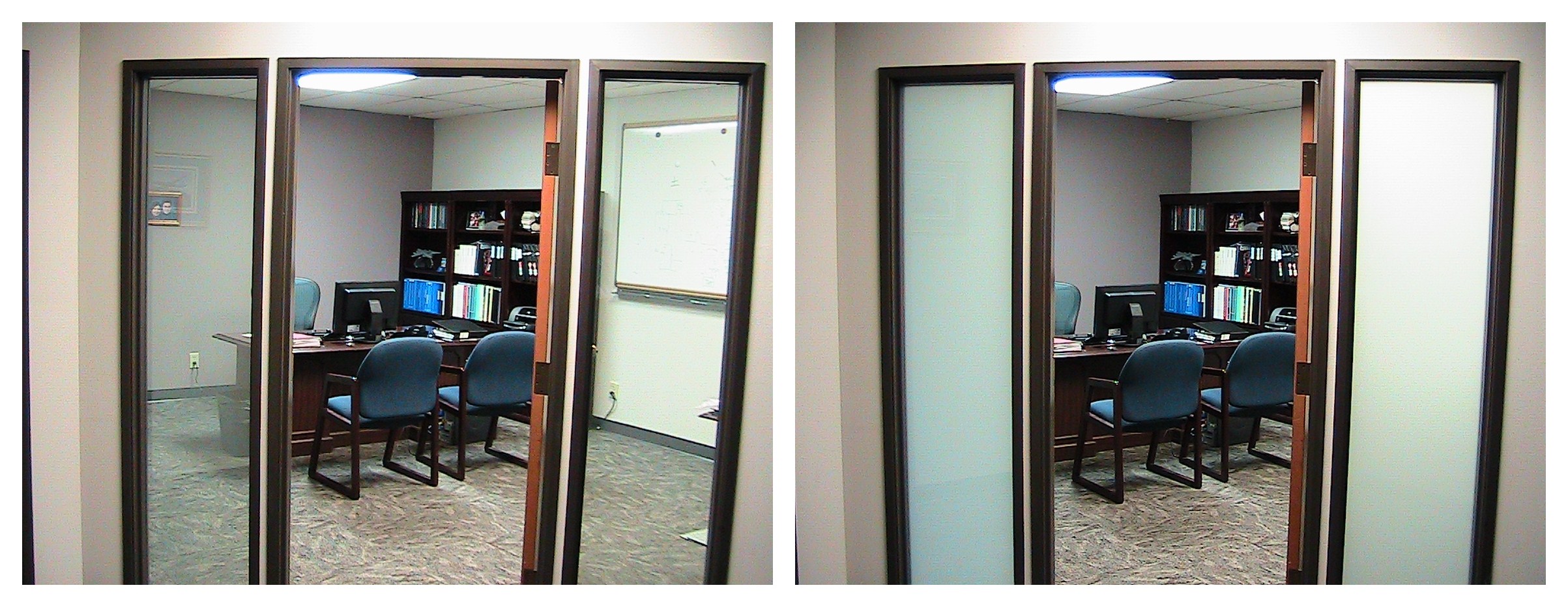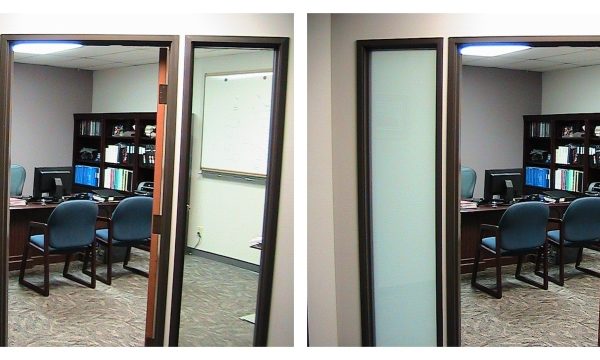
Switchable Film, also known as smart film or privacy film, has revolutionized the way we perceive glass surfaces. This innovative technology allows controlled switching between opaque and transparent states, offering both privacy and functionality at the touch of a button. By integrating cutting-edge polymers and liquid crystal technology, switchable film provides a modern solution for enhancing security, privacy, and energy efficiency in various settings.
Whether used in residential, commercial, or even automotive applications, switchable film offers a versatile and dynamic solution for creating adaptive spaces. From transforming conference rooms into private meeting areas to adding a futuristic element to home interiors, the possibilities are endless with this state-of-the-art technology. Join us as we delve into the wonders of switchable film and discover the magic of seamlessly transitioning between transparency and opacity with just a flick of a switch.
Types of Switchable Film
Switchable Film comes in various types catering to different needs and environments. One common type is Privacy Switchable Film, ideal for creating instant privacy with a simple switch of a button. This film is often used in offices, conference rooms, and residential settings to provide privacy on demand.
Another type is Smart Tint Film, which allows for the control of light and heat entering a space. It is commonly used in windows, skylights, and glass doors to regulate temperature and improve energy efficiency. Smart Tint Film can be adjusted to different opacity levels, providing flexibility in light management.
A third type is Projection Switchable Film, which transforms any regular glass surface into a high-definition projection screen. This type of film is popular in meeting rooms, home theaters, and retail displays, adding a dynamic element to spaces while maintaining functionality.
Applications of Switchable Film
Switchable Film finds a wide array of applications across various industries. In the automotive sector, it is utilized in smart windows that can instantly switch from transparent to tinted states. This feature enhances privacy for passengers and helps regulate internal temperatures by reducing glare and heat penetration.
In architecture, Switchable Film is integrated into smart glass windows for buildings, allowing occupants to dynamically control the level of sunlight and heat entering a space. This not only improves energy efficiency by reducing reliance on mechanical cooling systems but also provides customizable privacy solutions for individual rooms.
Within the retail sector, Switchable Film is applied to create interactive displays that can switch from opaque to transparent, captivating customers and enhancing the shopping experience. This technology enables storefronts to showcase products in an innovative way, enticing passersby and increasing foot traffic.
Future Trends in Switchable Film
Innovations in switchable film technology are expected to continue evolving, catering to diverse applications in various industries. As research and development progress, we anticipate the refinement of switchable film materials and manufacturing processes, leading to enhanced performance and durability.
The integration of smart features such as voice activation, motion sensors, and connectivity with IoT devices is poised to revolutionize the functionality of switchable film. This advancement opens up possibilities for automated control and customization, offering users a seamless and interactive experience.
Switchable Privacy Film
Furthermore, the trend towards sustainable solutions in the design and production of switchable film is gaining momentum. With a growing emphasis on eco-conscious practices, the development of energy-efficient and recyclable switchable film options is foreseen to shape the future landscape of this technology.


